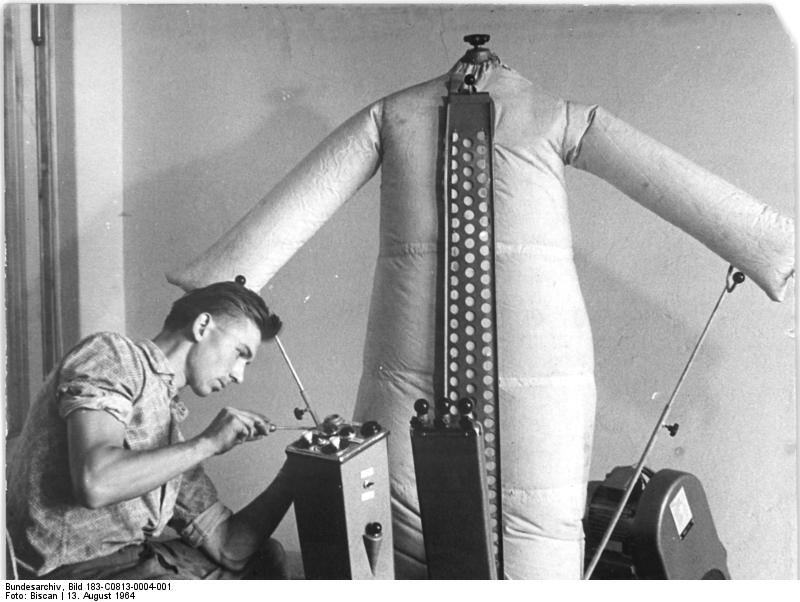From Casey Burchby’s recent Los Angeles Review of Books interview with George Saunders about the satirist’s new short-story collection, a passage about his characters interacting with technology:
“Casey Burchby:
In a number of these (and your previous) stories, characters find themselves grappling with strange technological ‘innovations.’ Does technology disturb you? Do you avoid computers and gadgets?
George Saunders:
No, not at all. I like technology. I just think it’s complicated and funny, I guess — the way our basic neuroses are always seeking a home, and whenever we invent something new, our neuroses rush over there and get writ large. Before there were cellphones and Twitter and Facebook were people narcissistic? Ha. But those are beautiful ways of heightening our narcissism and putting a big old spotlight on it. And really — as above — my experience has been that I don’t choose a topic or theme or anything like that, but just sort of wade in and see if I can get any magic going on the sentence level — and then ‘story’ comes out of that, as do ‘meaning’and ‘theme’ and all of that, and occasionally a weird new technology. The main job is to make some forward momentum and language-level engagement, I think — and then the rest of the stuff, meaning, theme, etc., has to — and will – take care of itself.
Or to put it another way: if the writer comes up with some strange device, and then lets people play with it, we are going to find out about people. If we have a device that lets us look into other people’s thoughts, we are going to find out about, say, humans’ need for attention and their pride and so on. ‘What does she think when she first catches sight of me? What? A big nose? I do not have a big nose!’ So that story isn’t really about that device, or about technology — but about, say, pride, or self-regard. So the technology or sci-fi aspects are, I guess, means to an (old, classic, traditional) end: hold a mirror up to human foibles and tendencies.
Casey Burchby:
Several stories in the book — ‘The Semplica Girl Diaries’and ‘Escape from Spiderhead’ particularly — revolve around forms of technology that characters aren’t able or willing to engage because of moral or other ramifications. Does technological gimmickry start to endanger people beyond a certain point?
George Saunders:
That’s a big question, and I guess I’d just have to say sure it does, sometimes. (Witness the atom bomb or that 1970s craze of ‘Asbestos Underwear.’) But as I mentioned above — the devices used in those stories are there mostly as tools — tools to get the moral-ethical wheels turning a bit and turn up the volume. And to be a degree more honest — on ‘The Semplica Girl Diaries,’ the whole thing came out of a dream I had. And when I woke up the dream didn’t seem insane, but weirdly charged — and I felt excited to try and flesh that world out. And the basic weird tech idea in the story was in the dream. So whatever was happening, it was my sub-conscious supplying the root material. And the only thing I ‘decided’was to go ahead and try it and see if I could make it stand up on its feet as a story. Very mysterious, really — I think sometimes we forget that art is really coming from somewhere other than our intention or decisions — it’s a gift from somewhere kind of unknown to us, except in glimpses…”

